Following the Galaxy S8 reveal, does the LG G6 actually stand a chance on the market?
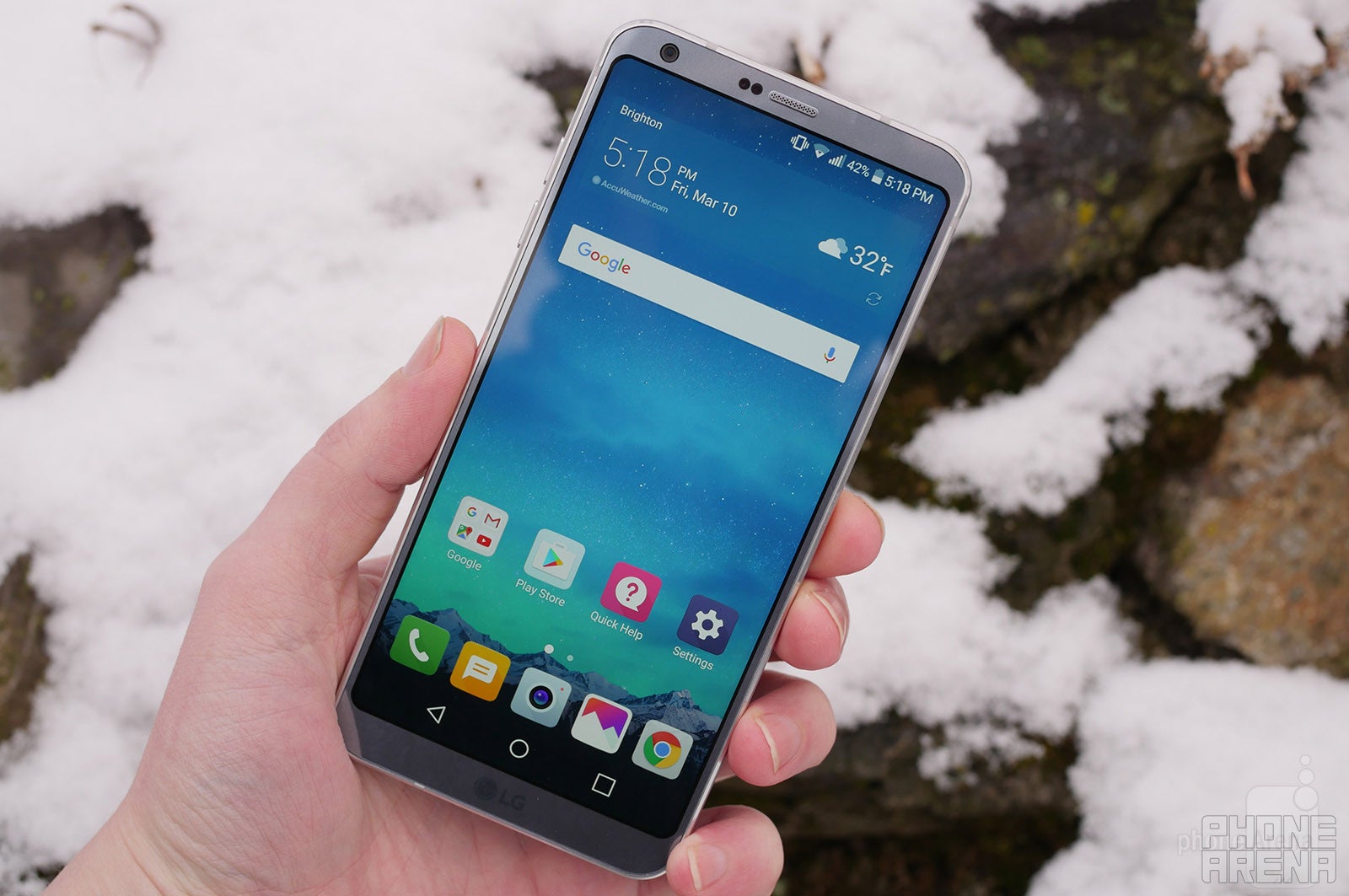
It’s fair to say that last week was pretty much dominated by news about Samsung’s latest flagship offering, the Galaxy S8. But now that the dust has settled a bit, let’s take a second look at the other spring 2017 flagship out there – the LG G6.
Design
Here’s a little secret: people like pretty things. In fact, looks can have a major influence on a person’s buying decisions, and particularly so when it comes to phones. And it’s easy to see why – smartphones are essential to modern life, so who would want to spend hours of their day staring at an ugly device?
LG certainly recognized this as a fact, if we’re judging by the G6’s outward appearance. Unlike the G5, which looked like a blown-up version of the godawful Nokia Asha 311, the G6 is sleek and stylish. From what we've seen so far, it's obvious that the newest trend in smartphones is cramming the largest possible display with the smallest possible bezels around it, and LG’s latest flagship is a pioneer in this regard.
Good looks are still a major selling point for smartphones
However, being first more often than not also means not being the best – while the G6’s design is certainly striking, it still pales in comparison with Samsung’s best-looking device so far, the Galaxy S8. Even though rounded screen edges have been around for a few years, this is the first time they actually feel like a deliberate part of the design, rather than a tacked-on feature, and as a result the S8 looks like something a few years ahead of its time, while the G6 is more like a natural extension of past design principles.Then again, those are just personal preferences, and there’s a fair chance the average consumer would prefer the G6’s more familiar design. Then there’s also the matter of some people’s choice of straight over curved edges and vice versa, though ultimately we believe form is much more important than function for many customers when it comes to a device’s design. Thus, we can’t give an objective ruling on the matter, as the question of which phone looks better is, at its core, purely subjective.
Marketing
Even if most people would hate to admit it, advertising plays a major role in everyday life, and as people are being constantly showered with promos, only the best of them ever get noticed. For a smartphone to be easily recognizable in an already oversaturated market, it needs a good marketing campaign that can differentiate it from its competitors. However, it seems LG didn’t get this particular memo:

Notice anything? Yeah, we neither – that ad was simply painfully boring. And what’s particularly bad about it is that it was released just a day before the Galaxy S8’s reveal – this was LG’s big chance of proving their phone is better than the competition, and yet the company completely wasted it. Compare and contrast with Samsung’s brilliant-slash-ridiculous ad for its new Gear VR:

Mind you, this ad isn’t for the Galaxy S8 itself, but rather for a VR headset compatible with it – if Samsung’s willing to make such a high-quality ad just for an accessory, it's clear that the company plans to go all-out when it comes to marketing its newest flagship. And if LG doesn’t step up its game soon, chances are the G6 will be forgotten just as fast as its predecessor, no matter how good of a phone it actually is.
Price
There’s another big factor at play here, however – smartphones, and especially those of the flagship variety, cost money. This is where the G6 is the indisputable winner: while the Galaxy S8 starts at $750, LG’s offering beats that by $100, which is on par with last year’s Galaxy S7 pricing. That is, where Samsung bumped up its prices by a somewhat significant margin, LG kept them consistent, making its offering much more attractive to a number of customers.
This is because, apart from its looks, the Galaxy S8 doesn’t have many immediate advantages over the G6 – most people won’t care enough to compare chipset benchmarks or virtual assistant capabilities. So that extra $100 could be the S8’s biggest obstacle, as many people would find little to no obvious benefits in return for it, which is definitely a win for LG.
Conclusion
While it may be a bit too early to call winners, for now it’s clear that LG is at a slight disadvantage. While the company correctly assumed the Galaxy S8 will be its biggest market threat, and thus launched its own device a month earlier to gain some head start, that might still not be enough to push the G6 into ‘market success’ territory.
The LG G6 still has potential to become a huge success
Still, we’re comparing apples and oranges here, as no one really expects LG to immediately bounce back from the G5’s failure and start shipping in numbers comparable to Samsung’s. In any case, the G6 was extremely popular at the time of its release, and if LG does enough to fix its current marketing strategy, there’s a fair chance that hype might be sustained for much longer, and thus generate more sales.So, to summarize: while the S8 is more likely to win the Android flagship race this year, the G6 is still a strong competitor, a fact which is further enhanced by its lower price point. And even if tech enthusiasts may find a bit more to like in Samsung’s offering, it’s up to LG to prove to the regular consumer that their device can be just as good.

Follow us on Google News

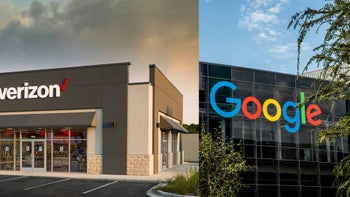
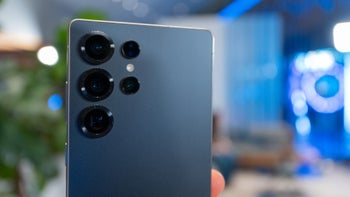
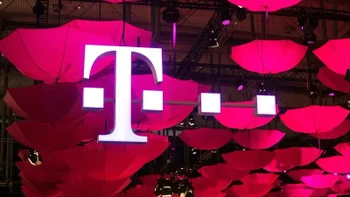

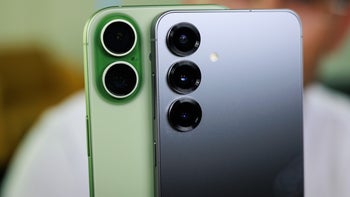
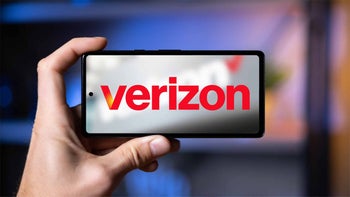






Things that are NOT allowed:
To help keep our community safe and free from spam, we apply temporary limits to newly created accounts: